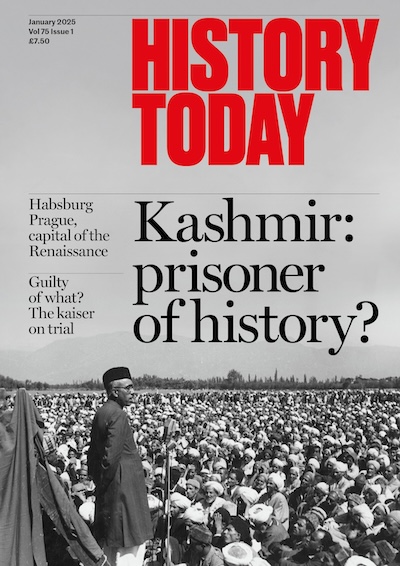Richelieu and Olivares
Simon Adams explores works on the two dominant European political ministers.
- Richelieu and Olivares, by J.H. Elliott. 189 pp. (Cambridge University Press, £17.50 hardback, £5.95 paperback);
- The Young Richelieu. A Psychoanalytical Approach to Leadership, by Elizabeth Wirth Marvick. 276 pp. (Chicago University Press, £27.50 hardback, £11.90 paperback)
In January 1643, some six weeks after the death of Cardinal Richelieu, the count-duke of Olivares finally resigned his offices. For nearly twenty years the two great ministers had dominated the politics of western Europe. One died in triumph; the other retired in defeat. Since then Richelieu has grown in stature as the architect of modern French foreign policy, while Olivares (owing in part to the destruction of his papers by fire in the 1790s) has become little more than a name to all but sperialists in the seventeenth century. The challenge of redressing the balance and re-examining their careers in a more sophisticated context is a tempting one, and Professor Elliott takes it up with panache in his Trevelyan Lectures for 1983.





